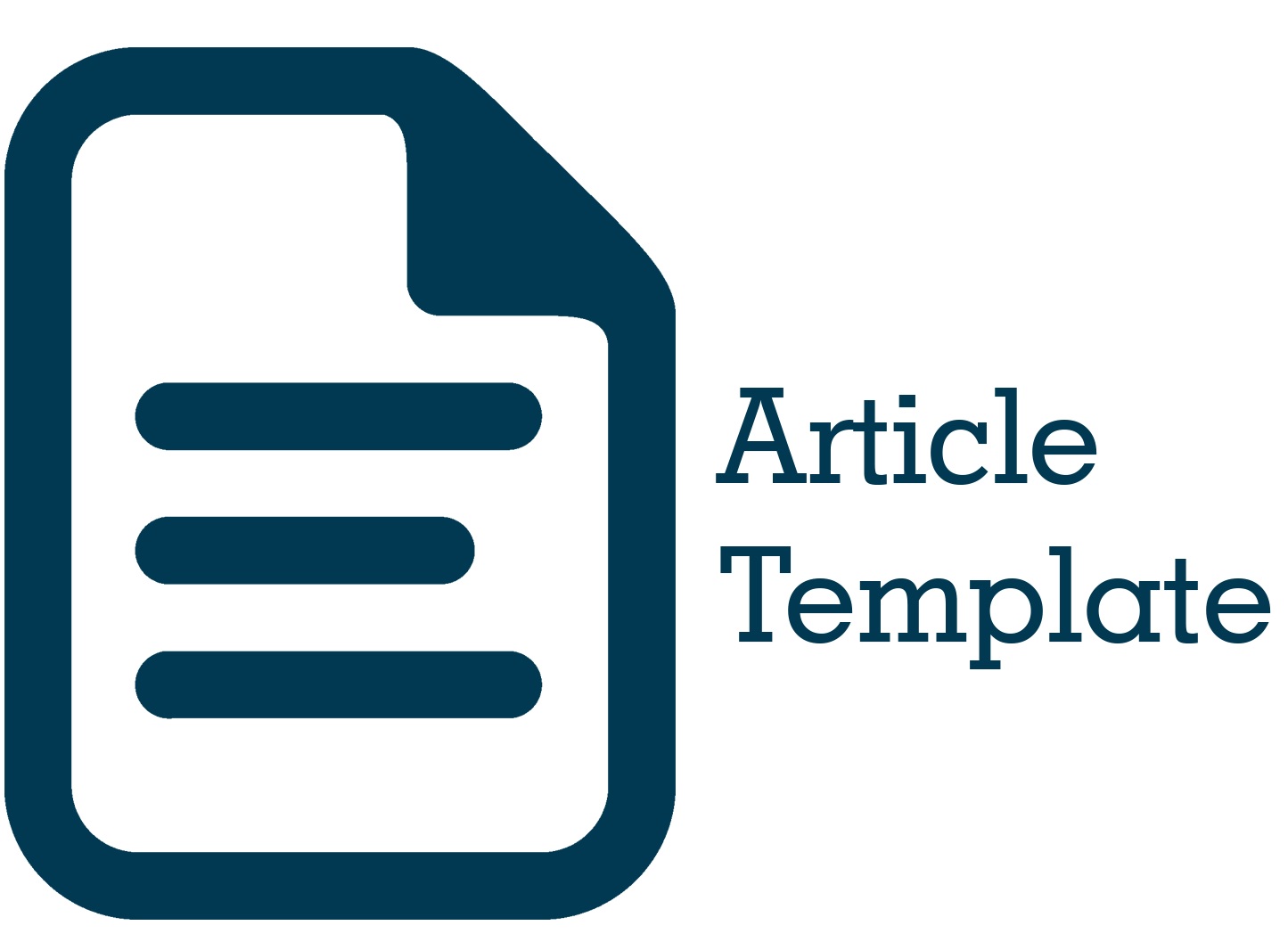Implementasi Penerbitan Dokumen E-KTP Huruf Braille Sebagai Inovasi Pelayanan Publik Bagi Penyandang Disabilitas Netra
DOI:
https://doi.org/10.51135/PublicPolicy.v4.i2.p536-553Keywords:
Implementation, E-KTP, Braille, DispendukcapilAbstract
Providing social justice for all Indonesian people is our collective duty. In realizing it, the forms of justice obtained are various, such as getting equal rights. One form of obtaining equal rights is public services for persons with disabilities. In accordance with the regulations contained in Law No. 8 of 2016, it says that persons with disabilities have the right to receive the same public services. Like one of the special services. In supporting public services for special services, namely in the form of innovation. One of the innovations made by the Department of Population and Civil Registration of Malang City is the issuance of Braille E-KTP documents for persons with disabilities. However, the problem is that there are still many who have not received Braille documents. In this study using descriptive qualitative research methods with the theory of policy implementation from George Edwards III which has 4 variables namely, Communication, Resources, Disposition and Bureaucratic Structure. The results of this study, it was found that the four variables previously stated had gone well and were in accordance with what happened in the field. It just needs to be improved in order to further increase its utilization
Downloads

Downloads
Published
How to Cite
Issue
Section
License
Authors whose manuscripts are published in the Journal of Public Policy must agree to the following terms;
- Publication rights for all manuscript materials published are held by the editorial board with the author's consent.
- The legal formalities for digital access to the Journal of Public Policy are subject to the Creative Commons Attribution Sharealike (CC BY SA) license, which means the Journal of Public Policy has the right to store, redistribute, reformat, manage in a database, maintain, and publish the manuscript without seeking permission from the author as long as the author's name is included as the copyright owner.
- Published manuscripts are open access for the purpose of disseminating research results. Besides this purpose, the editorial board is not responsible for copyright law violations.


.png)



